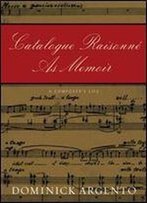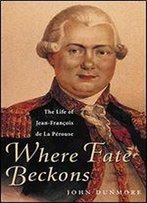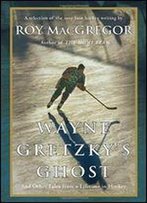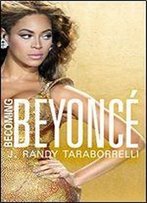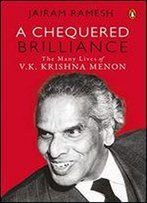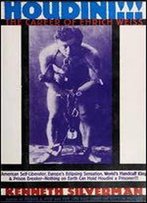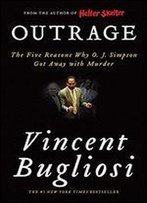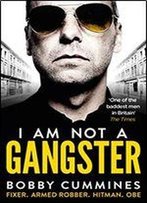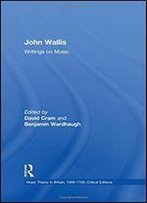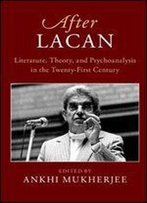
After Ireland: Writing The Nation From Beckett To The Present
by Declan Kiberd /
2018 / English / EPUB
3.1 MB Download
Ireland is suffering from a crisis of authority. Catholic Church
scandals, political corruption, and economic collapse have shaken
the Irish people’s faith in their institutions and thrown the
nation’s struggle for independence into question. While Declan
Kiberd explores how political failures and economic globalization
have eroded Irish sovereignty, he also sees a way out of this
crisis.
Ireland is suffering from a crisis of authority. Catholic Church
scandals, political corruption, and economic collapse have shaken
the Irish people’s faith in their institutions and thrown the
nation’s struggle for independence into question. While Declan
Kiberd explores how political failures and economic globalization
have eroded Irish sovereignty, he also sees a way out of this
crisis.After Ireland
After Ireland surveys thirty works by modern
writers that speak to worrisome trends in Irish life and yet also
imagine a renewed, more plural and open nation.
surveys thirty works by modern
writers that speak to worrisome trends in Irish life and yet also
imagine a renewed, more plural and open nation.
After Dublin burned in 1916, Samuel Beckett feared “the birth of
a nation might also seal its doom.” In
After Dublin burned in 1916, Samuel Beckett feared “the birth of
a nation might also seal its doom.” InWaiting for Godot
Waiting for Godot
and a range of powerful works by other writers, Kiberd traces the
development of an early warning system in Irish literature that
portended social, cultural, and political decline. Edna O’Brien,
Frank O’Connor, Seamus Heaney, and Michael Hartnett lamented the
loss of the Irish language, Gaelic tradition, and rural life.
Nuala Ní Dhomhnaill and Eavan Boland grappled with institutional
corruption and the end of traditional Catholicism. These themes,
though bleak, led to audacious experimentation, exemplified in
the plays of Brian Friel and Tom Murphy and the novels of John
Banville. Their achievements embody the defiance and
resourcefulness of Ireland’s founding spirit―and a strange kind
of hope.
and a range of powerful works by other writers, Kiberd traces the
development of an early warning system in Irish literature that
portended social, cultural, and political decline. Edna O’Brien,
Frank O’Connor, Seamus Heaney, and Michael Hartnett lamented the
loss of the Irish language, Gaelic tradition, and rural life.
Nuala Ní Dhomhnaill and Eavan Boland grappled with institutional
corruption and the end of traditional Catholicism. These themes,
though bleak, led to audacious experimentation, exemplified in
the plays of Brian Friel and Tom Murphy and the novels of John
Banville. Their achievements embody the defiance and
resourcefulness of Ireland’s founding spirit―and a strange kind
of hope.After Ireland
After Ireland places these writers and others at the
center of Ireland’s ongoing fight for independence. In their
diagnoses of Ireland’s troubles, Irish artists preserve and
extend a humane culture, planting the seeds of a sound moral
economy.
places these writers and others at the
center of Ireland’s ongoing fight for independence. In their
diagnoses of Ireland’s troubles, Irish artists preserve and
extend a humane culture, planting the seeds of a sound moral
economy.
